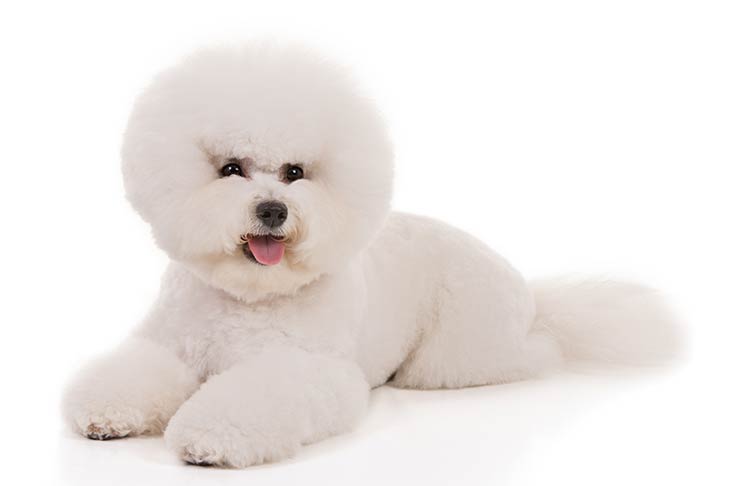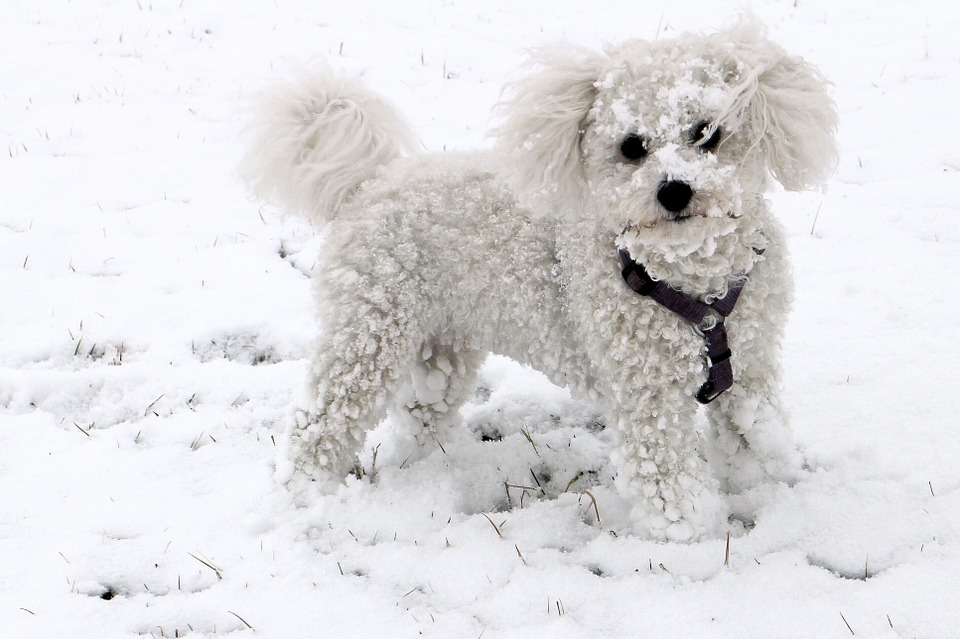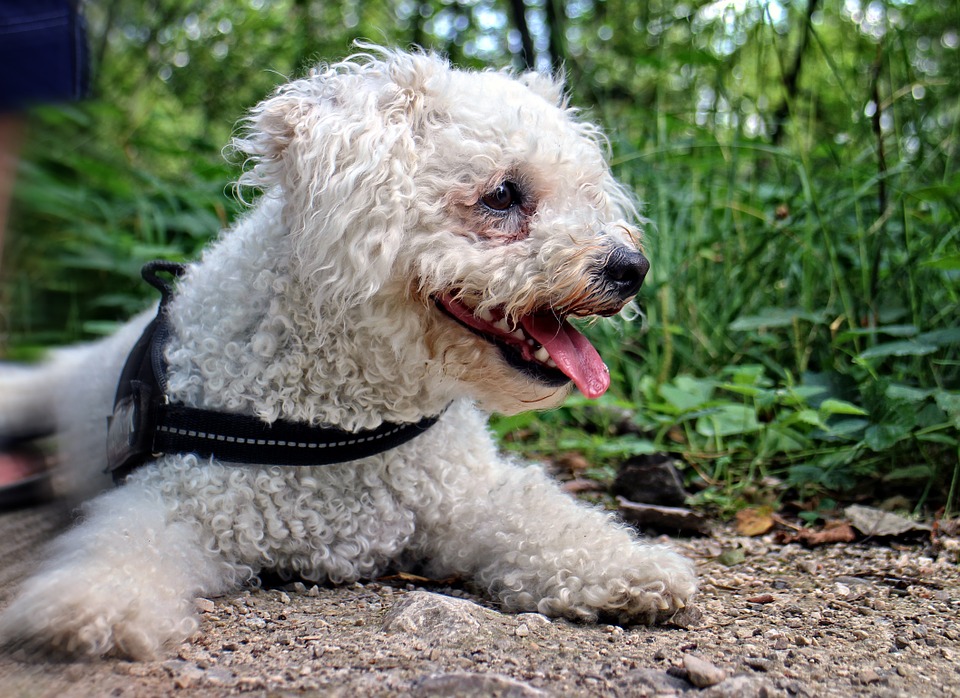
Bichon Frise: Your New Pet
History of the Breed:
The Bichon Frise, a charming and affectionate breed, has a long and colorful history that dates back to the 14th century. Believed to have originated in the Mediterranean region, Bichons were cherished by Italian and Spanish nobility before becoming popular among French royalty during the Renaissance. These delightful dogs were often kept as companions and were highly valued for their cheerful demeanor and entertaining antics.
Physical Characteristics:

Bichon Frises are small, sturdy dogs with a cheerful and elegant appearance. They typically weigh between 10 to 18 pounds and stand around 9 to 12 inches tall at the shoulder. Their most distinctive feature is their fluffy, curly coat, which is soft and hypoallergenic. They come in various colors, including white, cream, apricot, and buff, with dark, expressive eyes and a lively expression.
Health and Basic Care:
Bichon Frises are generally healthy dogs with a lifespan of around 12 to 15 years. However, they may be prone to certain health issues such as dental problems, luxating patella, hip dysplasia, and allergies. Regular veterinary check-ups, a balanced diet, dental care, exercise, grooming, and parasite prevention are essential for maintaining their health and well-being.
Temperament and Personality:
Bichon Frises are known for their affectionate, playful, and gentle nature. They form strong bonds with their families and thrive on companionship and attention. Despite their small size, they have a confident and outgoing demeanor, with a tendency to be friendly towards strangers and other animals. They are intelligent and eager to please, making them excellent family pets.
Training and Socialization:
Bichon Frises are intelligent dogs that respond well to positive reinforcement training methods such as treats, praise, and rewards. However, they may have a stubborn streak, which can make training challenging at times. Consistency, patience, and early socialization with people, other animals, and different environments are important to help them develop into well-mannered and well-adjusted dogs.
Nutrition:
A balanced diet tailored to their size, age, and activity level is essential for Bichon Frises’ health and well-being. Feeding them high-quality dog food formulated for small breeds will provide them with the nutrients they need to thrive. Portion control is important to prevent obesity, which can lead to health issues, and fresh water should always be available.

Suitable Environment:
Bichon Frises are well-suited to various living situations, including apartments, houses, and urban environments. They are adaptable dogs that can thrive in both indoor and outdoor settings, but they prefer to be close to their families. They enjoy daily walks and playtime, but they are also content to relax indoors with their loved ones.
Frequently Asked Questions:
Do Bichons bark a lot?
- Bichon Frises are known for their cheerful and alert nature, and while they may bark occasionally to alert their owners to visitors or other stimuli, they are not known as excessive barkers.
Are Bichon Frise high maintenance?
- Yes, Bichon Frises can be high maintenance dogs due to their fluffy, curly coat, which requires regular grooming to prevent mats and tangles. They also need regular veterinary care, dental care, exercise, and attention to their health and well-being.
Are Bichons hard to potty train?
- Bichon Frises can be a bit challenging to potty train, especially if not consistently and patiently trained. Positive reinforcement techniques, consistency, and patience are key to successful potty training with this breed.
How often should a Bichon be bathed?
- Bichon Frises should be bathed regularly to keep their coat clean and healthy, typically every 3 to 4 weeks. However, over-bathing can strip their coat of natural oils, so it’s important not to bathe them too frequently.
How often does a Bichon Frise need a haircut?
- Bichon Frises typically need a haircut every 4 to 6 weeks to maintain their fluffy, curly coat and prevent mats and tangles. Regular grooming is essential for their health and well-being.
